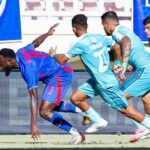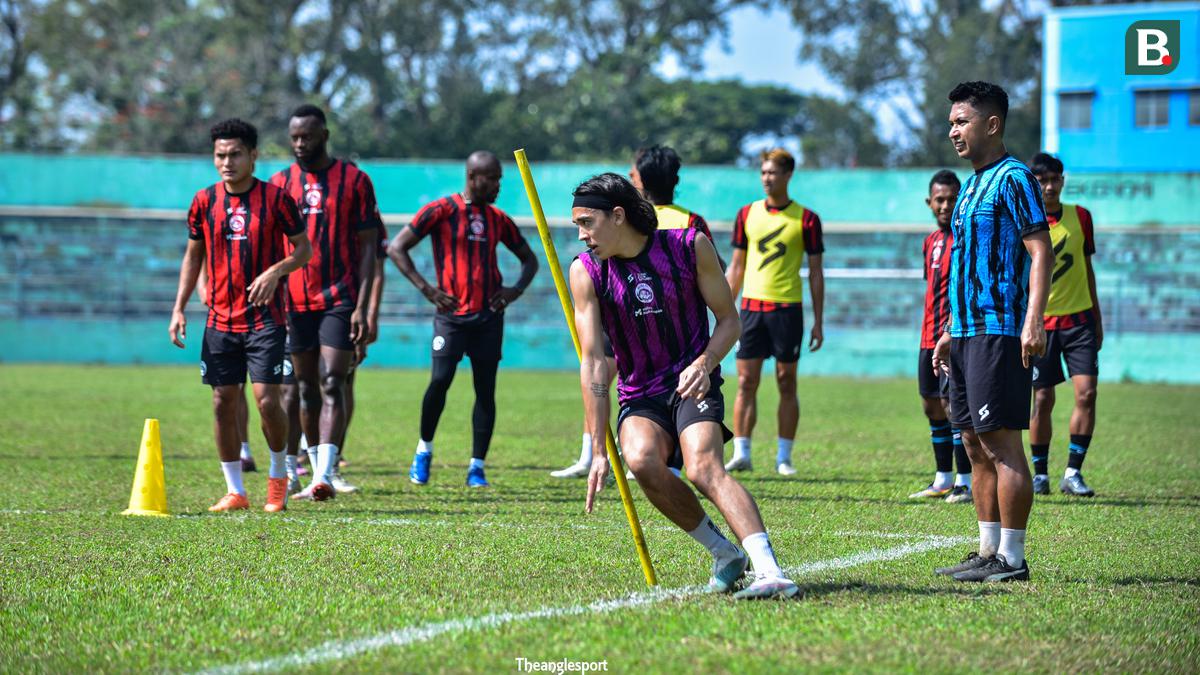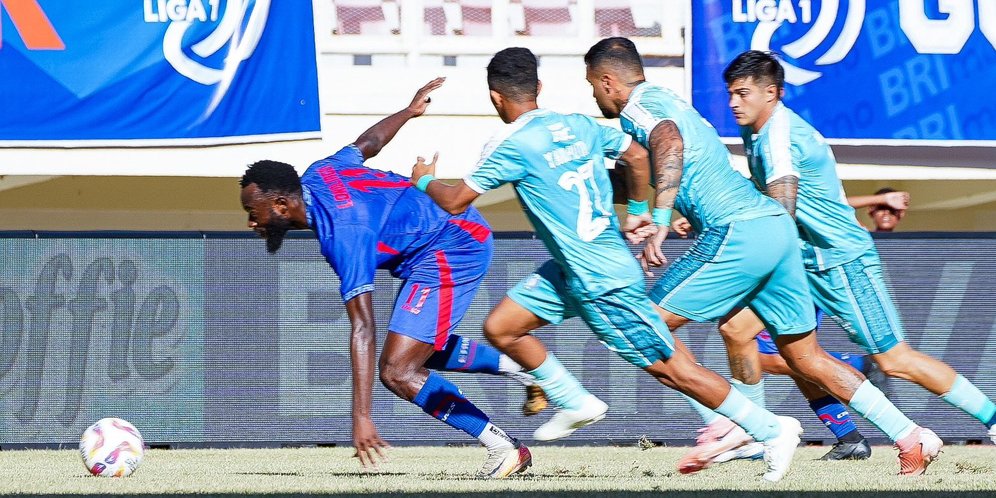Arema FC, one of the top football clubs in Indonesia, has recently implemented a strict policy banning spectators and media personnel from recording or taking videos during their training sessions. The decision has sparked controversy and debate among fans and media outlets.
The policy was reportedly put in place to protect the privacy of the players and coaching staff during training sessions. Arema FC’s management believes that allowing spectators and media personnel to record videos during training could potentially compromise the team’s strategies and tactics, giving their opponents an unfair advantage.
While the club’s intentions may be noble, the decision to ban spectators and media from recording training sessions has been met with criticism from fans and media outlets. Many argue that transparency and openness are essential in modern football, and that banning the recording of training sessions goes against the spirit of the game.
Furthermore, some fans have expressed concern that the ban on recording training sessions could limit their access to behind-the-scenes content and insights into the team’s preparations for matches. For many fans, watching training sessions and seeing their favorite players in action is an important part of their overall experience as supporters.
On the other hand, Arema FC’s management has defended their decision, stating that it is essential to prioritize the team’s performance and competitive edge over the desires of fans and media outlets. They argue that keeping training sessions private is a necessary step to ensure that the team can focus on their preparations without distractions or outside interference.
Ultimately, the debate over Arema FC’s decision to ban spectators and media from recording training sessions highlights the ongoing tension between transparency and privacy in football. While fans and media outlets may want more access to behind-the-scenes content, clubs like Arema FC must balance these demands with the need to protect their strategies and maintain a competitive edge on the field.
As the BRI Liga 1 season unfolds, it remains to be seen how Arema FC’s policy will impact their performance on the pitch and their relationship with fans and media outlets. Whether the ban on recording training sessions proves to be a wise decision or a misstep remains to be seen, but one thing is clear – the debate over transparency and privacy in football is far from over.






